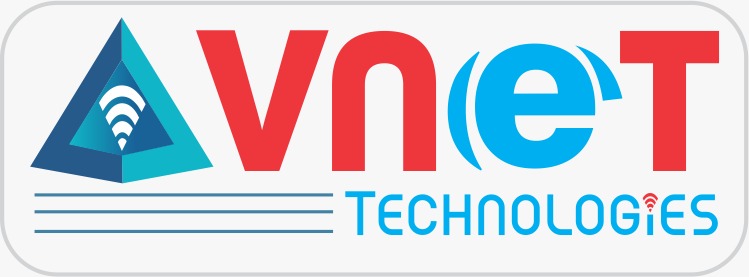
Data science and artificial intelligence (AI) are revolutionizing the healthcare industry by improving patient care, optimizing processes, and enhancing medical research. AI-driven solutions are helping healthcare providers make more informed decisions, detect diseases earlier, and personalize treatments. Here’s how data science is transforming healthcare.
- Early Disease Detection and Diagnosis
AI-powered models analyze large datasets, including medical records, imaging scans, and genetic data, to detect diseases like cancer, Alzheimer’s, and heart disease at an early stage. Machine learning algorithms identify patterns that may not be visible to human doctors, improving diagnosis accuracy.
Example:
- AI-driven imaging tools can detect tumors in X-rays and MRIs with higher precision than traditional methods.
- Personalized Treatment Plans
With data science, healthcare providers can develop personalized treatment plans based on a patient’s medical history, genetics, and lifestyle factors. Predictive analytics helps determine the most effective treatments for individual patients, reducing trial-and-error prescribing.
Example:
- AI in precision medicine tailors cancer treatments based on genetic profiling.
- Drug Discovery and Development
The traditional drug development process is time-consuming and costly. AI accelerates drug discovery by analyzing vast amounts of biological data to identify potential drug candidates and predict their effectiveness.
Example:
- AI models helped researchers develop COVID-19 vaccines at unprecedented speed.
- Predictive Analytics for Patient Outcomes
Hospitals use predictive analytics to forecast patient deterioration, hospital readmissions, and disease outbreaks. AI models analyze patient data to identify high-risk individuals and suggest preventive interventions.
Example:
- Predictive models help doctors anticipate complications in ICU patients, improving survival rates.
- Electronic Health Records (EHR) Optimization
Data science enhances electronic health records (EHR) by automating data entry, detecting errors, and improving accessibility. AI-driven systems streamline administrative tasks, allowing doctors to focus more on patient care.
Example:
- Natural Language Processing (NLP) extracts insights from doctors’ notes, reducing paperwork and improving efficiency.
- Virtual Health Assistants and Chatbots
AI-powered virtual assistants and chatbots help patients schedule appointments, access medical information, and receive reminders for medications. These tools improve patient engagement and reduce the burden on healthcare staff.
Example:
- Chatbots provide mental health support by offering cognitive behavioral therapy (CBT) and crisis intervention.
- Remote Patient Monitoring and Wearable Devices
Wearable health devices and IoT (Internet of Things) sensors collect real-time patient data, allowing doctors to monitor conditions remotely. AI processes this data to detect anomalies and send alerts for immediate intervention.
Example:
- Smartwatches detect irregular heart rhythms and notify users to seek medical attention.
- Fraud Detection and Healthcare Security
AI helps identify fraudulent insurance claims, detect anomalies in billing systems, and protect sensitive patient data from cyber threats. Machine learning models flag suspicious activities, reducing healthcare fraud.
Example:
- AI systems analyze billing patterns to detect fraudulent insurance claims.
Conclusion
Data science and AI are transforming healthcare by improving diagnostics, personalizing treatments, accelerating drug discovery, and optimizing patient care. As technology advances, AI-driven healthcare solutions will continue to enhance patient outcomes, making healthcare more efficient, accessible, and predictive.
